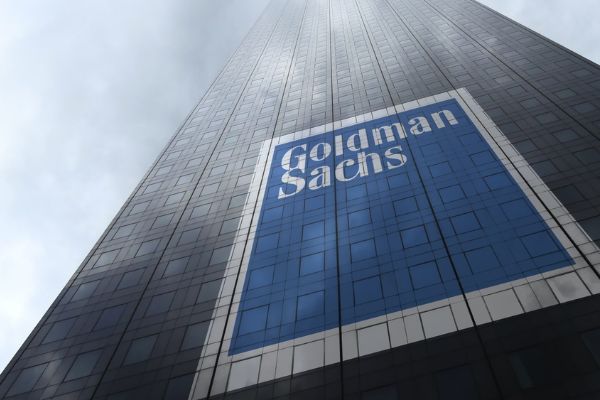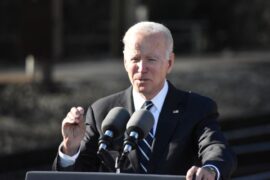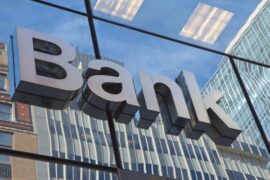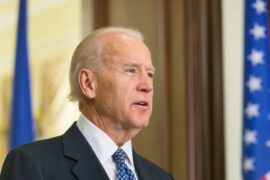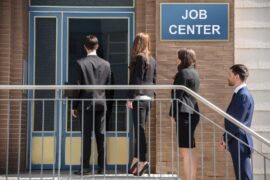According to a warning issued on Thursday by Goldman Sachs, there is now a 35 percent possibility that the United States could experience a recession over the next 12 months due to the “near-term uncertainty” surrounding the economic consequences of the stress on small banks.
Goldman Sachs’ assessment of the U.S. economy has soured amid multiple crises under the Biden administration following the failure of Silicon Valley Bank and Signature Bank, which put pressure on further institutions, such as Credit Suisse recently.
Local community banks are anticipated to feel the effects of the banking turmoil. “The stress will cause small banks with a low share of deposits guaranteed by the Federal Deposit Insurance Corporation (FDIC) to reduce lending by 40%, they anticipated, with other small banks cutting lending by 15%,” according to Barron’s.
The bank’s analysts cautioned that “any lending impact is probably going to occur in a subset of small to medium-sized banks. Until the degree of the stress on the banking sector becomes known, the macroeconomic implications of a retreat in lending will remain highly unpredictable.”
The Biden administration will not like the results of Goldman Sachs’ prediction. The nation has already experienced the effects of surging inflation, a southern border invasion, and global instability with China and Russia under its control.
It is unclear whether the Fed would keep raising interest rates, one of the few instruments it has used to lower inflation, given the stress the banking industry is currently facing. John Carney of Breitbart News described the situation.
“Many have been predicting that the Fed will keep raising rates until “something breaks” ever since it began to increase them at an alarming rate last year. There is a problem. Now what?”
“The fact that markets are successfully tightening the financial system significantly on their own is one reason to anticipate that the current strain in the banking system may persuade the Fed to remove its foot from the rate acceleration pedal. Bank lending is anticipated to become significantly more restricted as banks try to accumulate cash to fend off unforeseen funding problems. Even in the absence of a rate increase, the Fed is succeeding in its objective of imposing restrictive financial conditions.”
“Yet, it appears improbable that the Fed will stop the cycle of rate increases at this point. There are still underlying inflationary forces of exceptionally high demand, very low unemployment, and recent high inflation. Inflation is likely to continue, and financial conditions are likely to improve as the immediate market fear fades, barring the unlikely development of a catastrophic financial crisis.”

